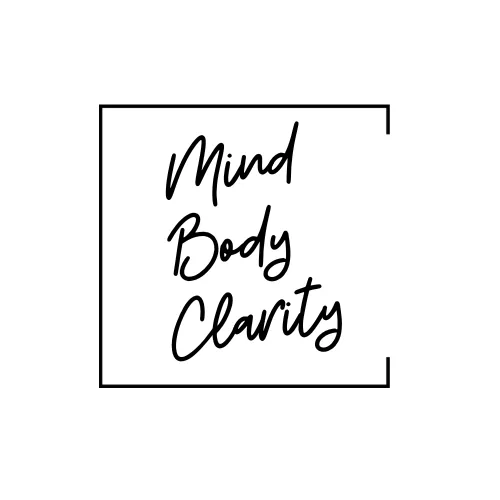About Cecilia Salinas
Cecilia Salinas knows what it’s like to be told you have potential, but never feel fully seen. Discover why she’s so passionate about helping late-diagnosed professional women turn that potential into recognized, respected competence
About Cecilia Salinas
Cecilia Salinas knows what it’s like to be told you have potential, but never feel fully seen. Discover why she’s so passionate about helping late-diagnosed professional women turn that potential into recognized, respected competence

I care deeply about women being seen for their true competence, not just labeled as having ‘potential’ and then overlooked. We deserve recognition for what we do, not just what we could do. Here’s my story...
With 33 years of lived ADHD experience and 20 years as an Occupational Therapist, I haven’t just learned this—I’ve lived it. I’ve helped thousands of clients turn scattered energy into real momentum using the same systems that helped me reclaim my focus, regulate emotions, and thrive in work and life.
I created Focus Formula—a structured, flexible program designed for ADHD adults who are tired of spinning their wheels. It helps them take aligned action, regulate emotions, and finally follow through in ways that actually feel sustainable.
I took a full month off—traveling through Australia and New Zealand—without my business falling apart. Now I help my clients build businesses and routines that actually support time off, creativity, and calm.
My clients often say they feel “seen and capable” for the first time in their lives when working with me. Many say I’m the first person who helped them speak up, be taken seriously, and finally feel like a leader..
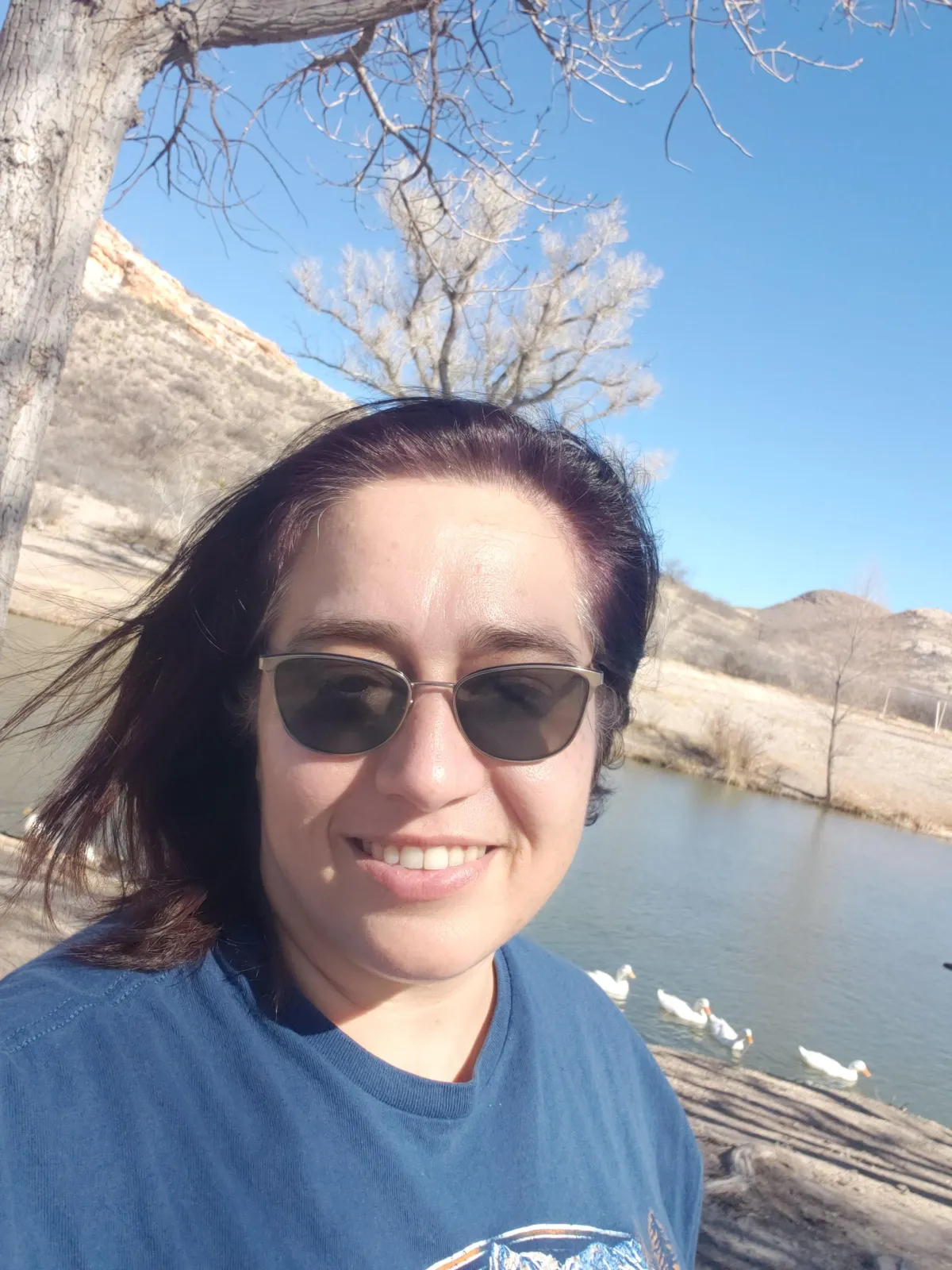
With 33 years of lived ADHD experience and 20 years as an Occupational Therapist, I haven’t just learned this—I’ve lived it. I’ve helped thousands of clients turn scattered energy into real momentum using the same systems that helped me reclaim my focus, regulate emotions, and thrive in work and life.
I created Focus Formula—a structured, flexible program designed for ADHD adults who are tired of spinning their wheels. It helps them take aligned action, regulate emotions, and finally follow through in ways that actually feel sustainable.
I took a full month off—traveling through Australia and New Zealand—without my business falling apart. Now I help my clients build businesses and routines that actually support time off, creativity, and calm.
My clients often say they feel “seen and capable” for the first time in their lives when working with me. Many say I’m the first person who helped them speak up, be taken seriously, and finally feel like a leader..
"I was diagnosed with ADHD in middle school, so I’ve spent years learning how to understand my brain and advocate for myself. But I work with women who didn’t get that chance, women who were diagnosed much later, after years of being overlooked. I help them finally get recognized for the competence they’ve always had."
When I first became an Occupational Therapist 20 years ago, I didn't expect to struggle with the basics.
The lowest point…
Even after 20+ years as an Occupational Therapist and 33 years of lived ADHD experience, I still found myself paying the ADHD tax: late fees, missed appointments, unfinished projects I deeply cared about.
The lowest point?
I was 15 minutes late to a doctor’s appointment. They refused to see me. I still had to pay. I stood in the waiting room, trying not to cry—ashamed, exposed, surrounded by people who had no idea that moment was breaking me.
Inside, I was spiraling:
“What’s wrong with me? Why can’t I pull it together?”
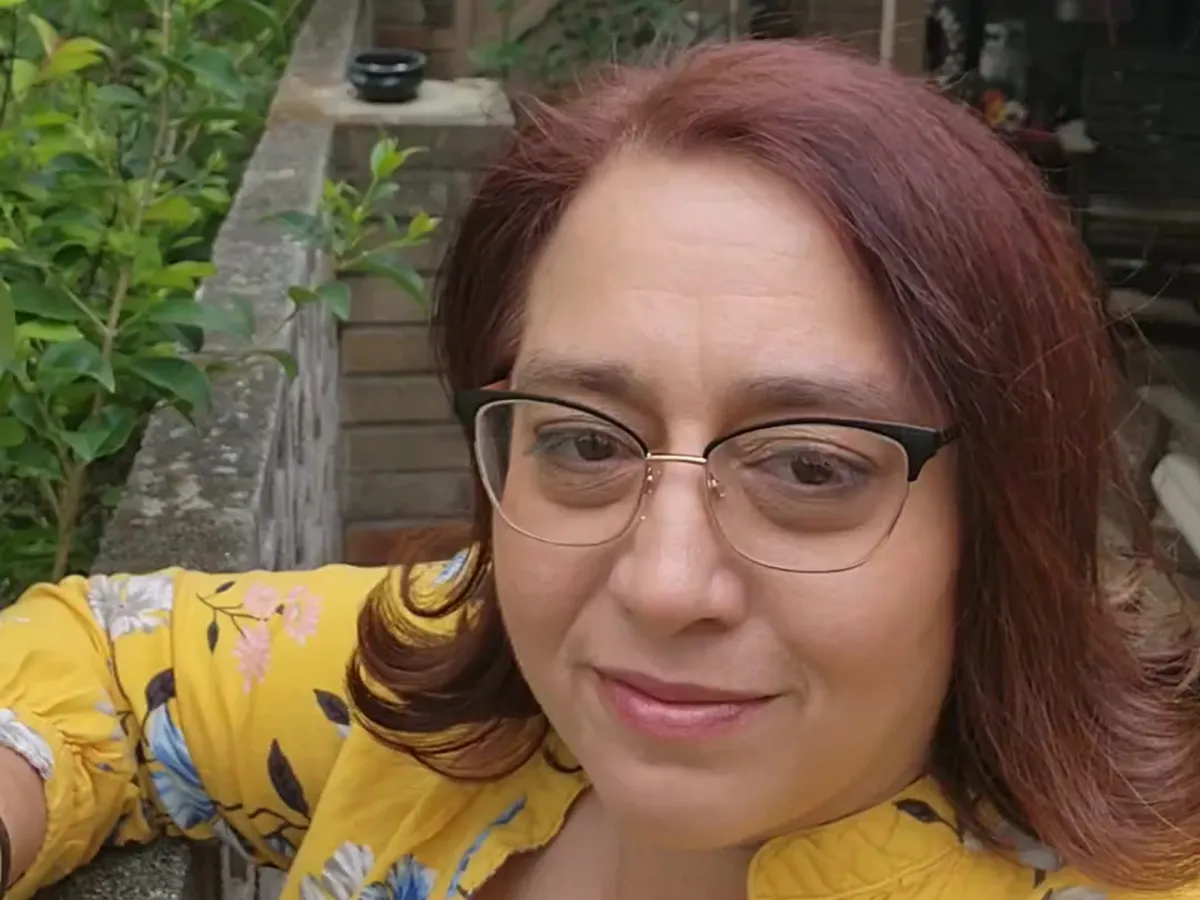
When I first became an Occupational Therapist 20 years ago, I didn't expect to struggle with the basics.
But I did…
Even after 20+ years as an Occupational Therapist and 33 years of lived ADHD experience, I still found myself paying the ADHD tax: late fees, missed appointments, unfinished projects I deeply cared about.
The lowest point?
I was 15 minutes late to a doctor’s appointment. They refused to see me. I still had to pay. I stood in the waiting room, trying not to cry—ashamed, exposed, surrounded by people who had no idea that moment was breaking me.
Inside, I was spiraling:
“What’s wrong with me? Why can’t I pull it together?”
I mustered up my courage and chose to get support...
That day woke me up.
I wasn’t just losing time—I was bleeding money, confidence, and connection with myself.
So I made it a game:
What can I save—time, energy, sanity—by doing just one thing differently?
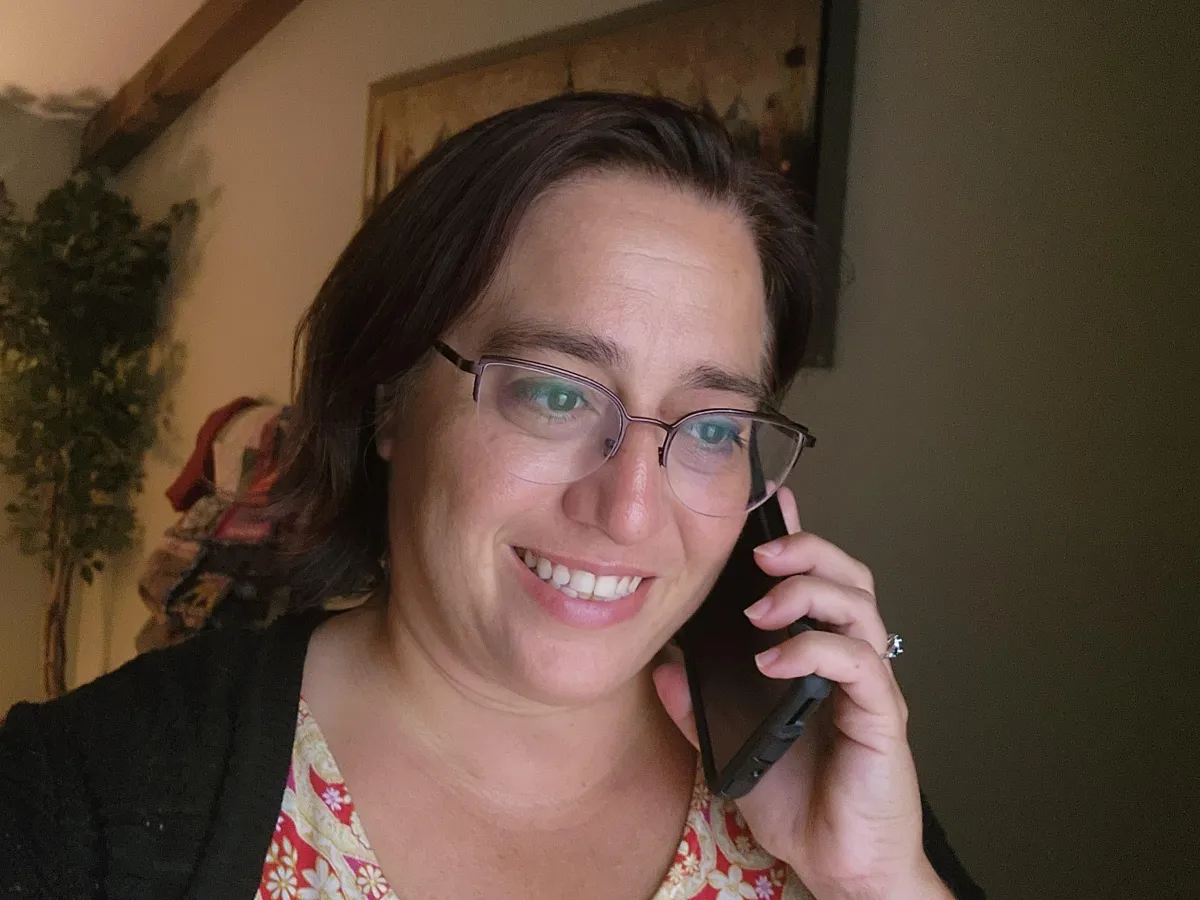
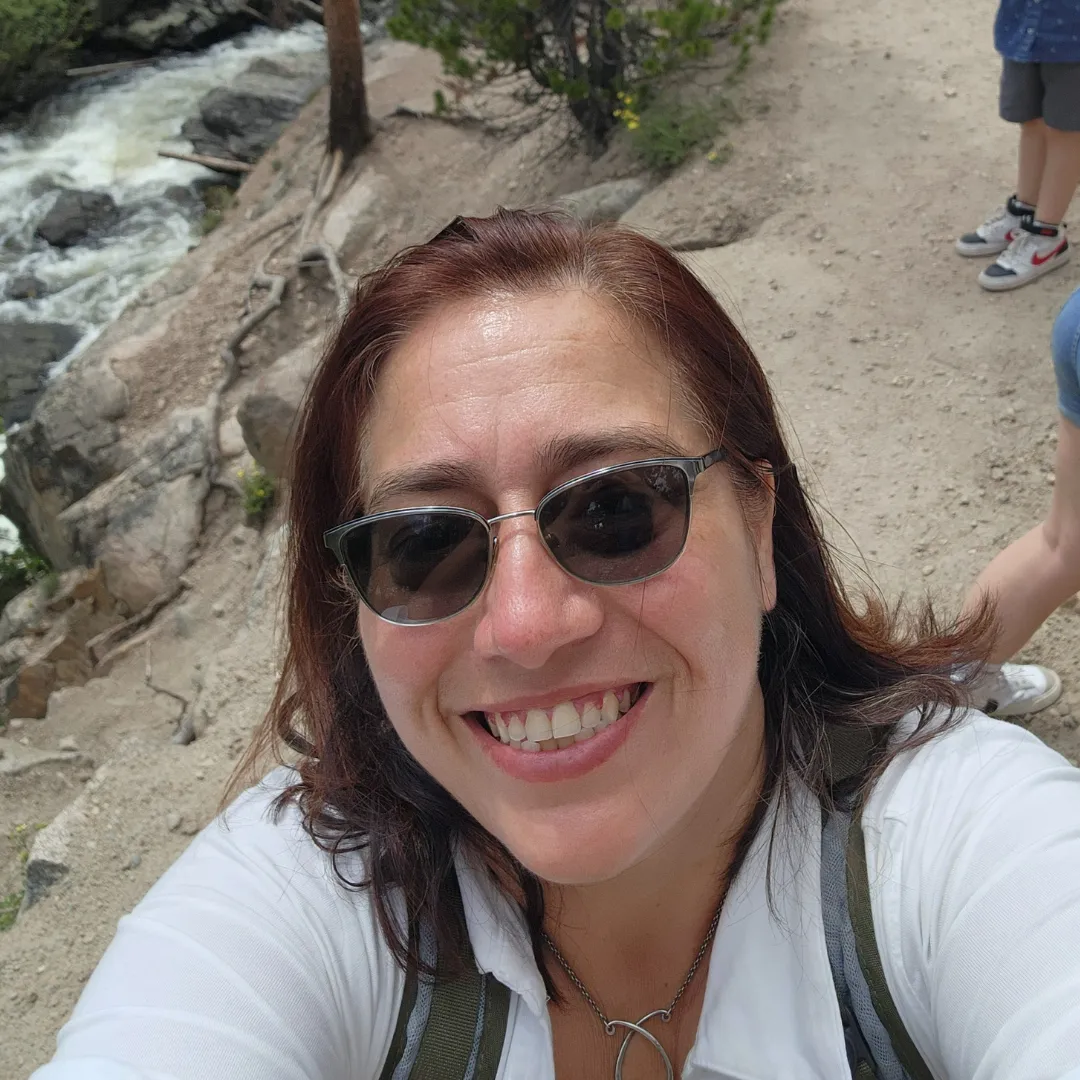
I mustered up my courage and chose to get support...
That day woke me up.
I wasn’t just losing time—I was bleeding money, confidence, and connection with myself.
So I made it a game:
What can I save—time, energy, sanity—by doing just one thing differently?
We’ve gone on to teach 100's of clients how to get started on the passion project, and have treasure time off that they've dreamed about...
I ditched the rigid systems that weren’t made for my brain and started planning from my body up. I used structure to serve me, not the other way around.
Eventually, those exact systems helped me build this business, take a month off to travel Australia and New Zealand without it falling apart, and speak at the University of Texas Health Science Center OT Doctorate Program

We’ve gone on to teach 100's of clients how to get started on the passion project, and have treasure time off that they've dreamed about...
I ditched the rigid systems that weren’t made for my brain and started planning from my body up. I used structure to serve me, not the other way around.
Eventually, those exact systems helped me build this business, take a month off to travel Australia and New Zealand without it falling apart, and speak at the University of Texas Health Science Center OT Doctorate Program
"Once I found a way to shift from being undervalued to being recognized for what I bring to the table.
I couldn’t keep it to myself.
I knew other strong women, especially those with late ADHD diagnoses, deserved the same support."
Being late-diagnosed doesn’t mean you’re behind—it means you’ve been working twice as hard without the right support. If you’re ready to turn overlooked potential into recognized expertise, I’m here for that conversation.
I'd love to help you get there!
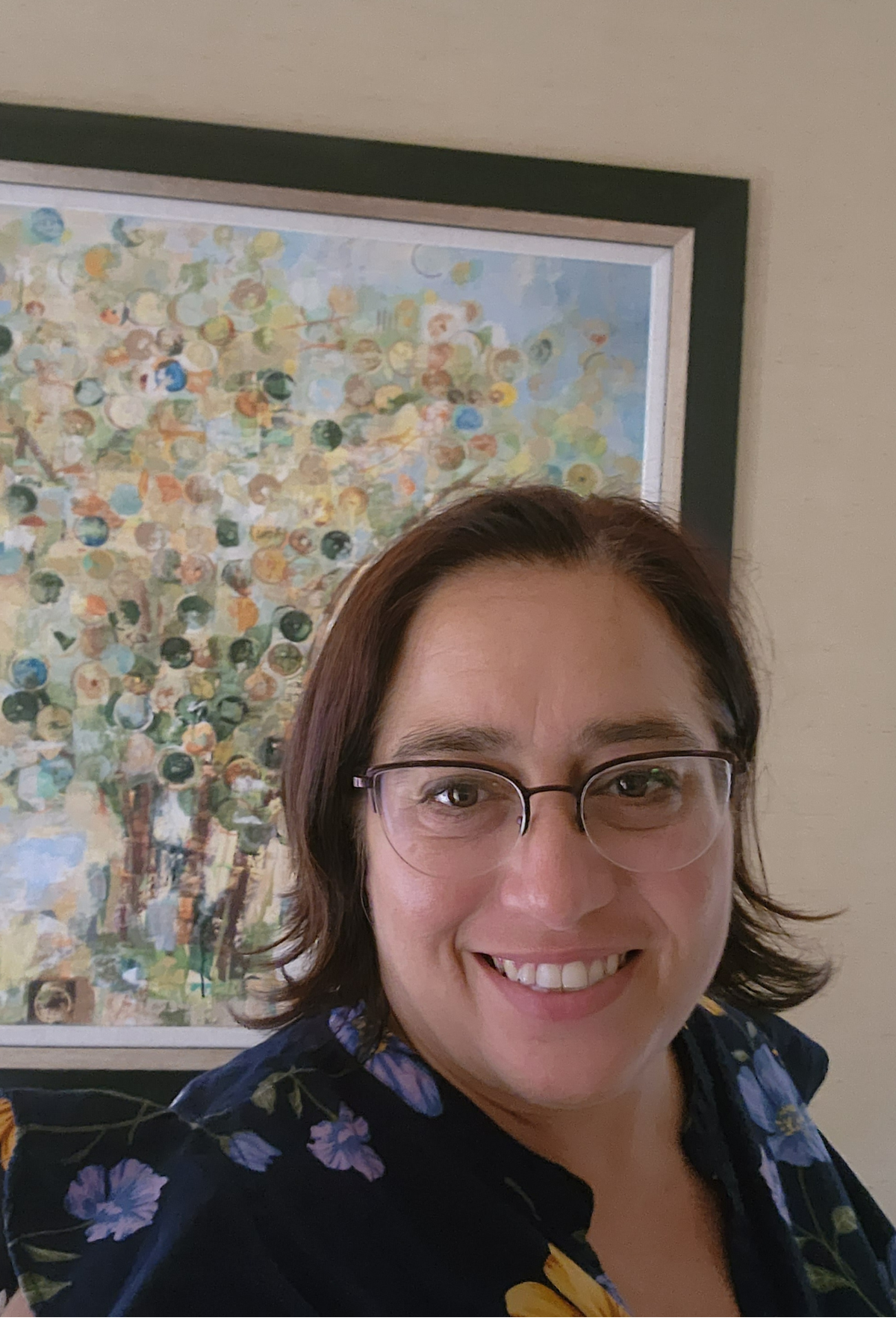
Being late-diagnosed doesn’t mean you’re behind—it means you’ve been working twice as hard without the right support. If you’re ready to turn overlooked potential into recognized expertise, I’m here for that conversation.
I'd love to help you get there!
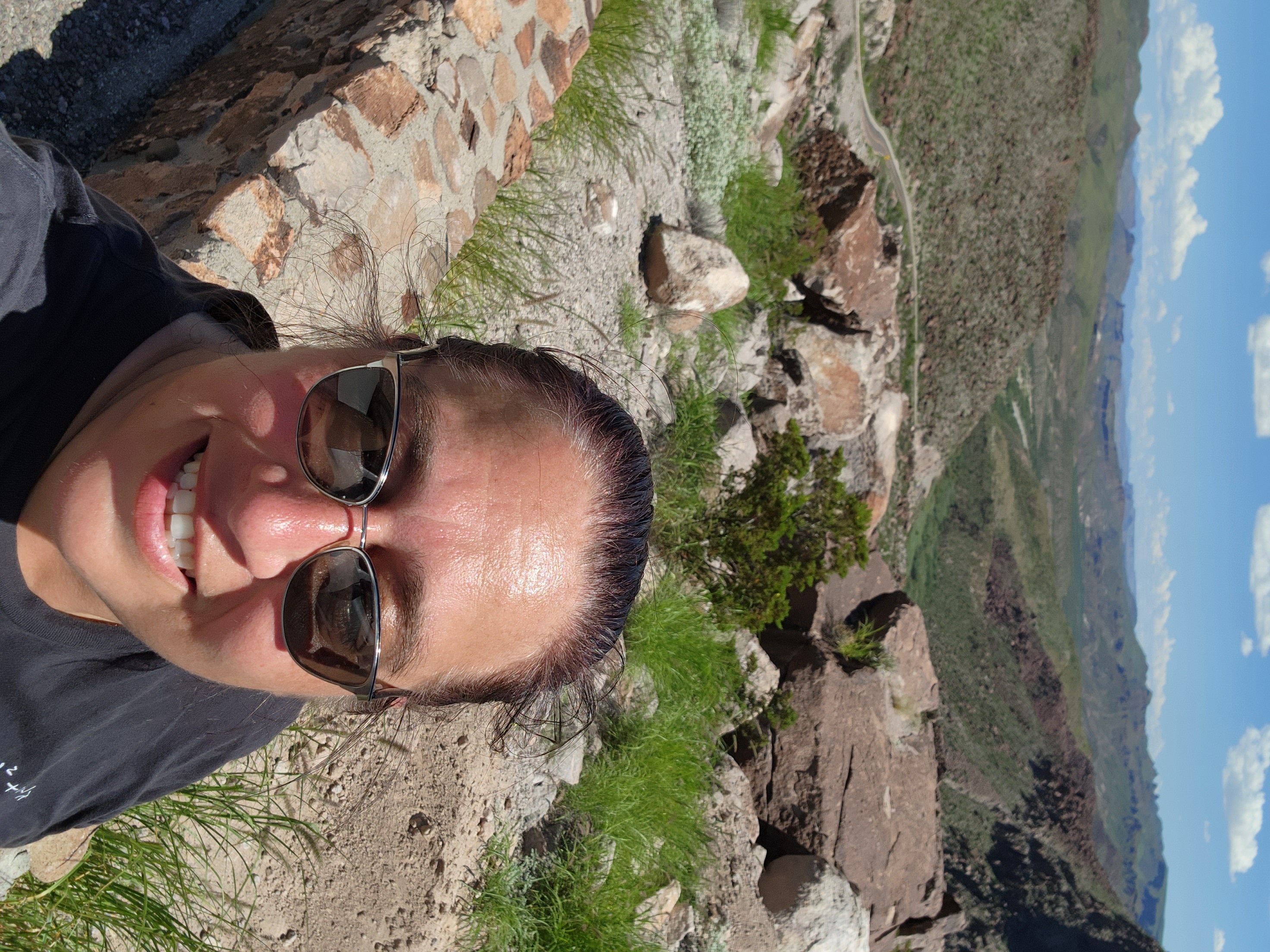
For any questions or concerns about this free online training or any of our programs, please email [email protected]
